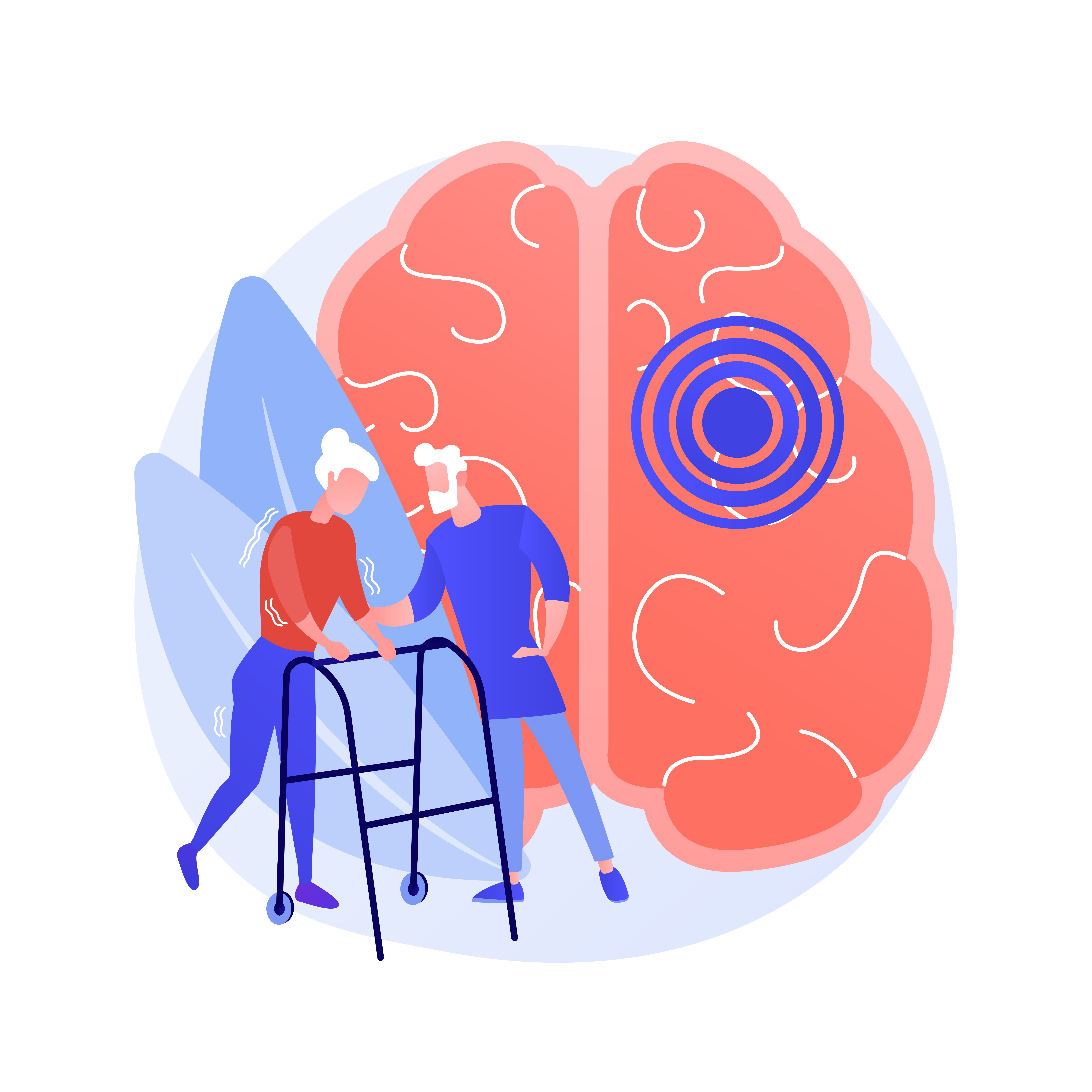
Emotional and Psychological Impact of Paralysis
Introduction
Living with paralysis can have profound emotional and psychological effects on individuals and their loved ones. These impacts can affect their daily lives in many ways. Understanding how paralysis influences emotions and the role of hormonal imbalances is crucial for providing better care and support. In this post, we’ll explore these challenges in detail.
Emotional and Psychological Impact of Paralysis
Paralysis can significantly affect an individual’s emotional well-being. It can lead to feelings of grief, frustration, anxiety, and depression. These emotional challenges may impact self-esteem, social relationships, and overall quality of life.
1. Grief and Loss
When paralysis occurs, individuals often mourn the loss of their previous abilities and lifestyle. This grief can be overwhelming, and hormonal imbalances may intensify these emotions, making it difficult to cope with the changes.
2. Anxiety and Depression
Adjusting to a new way of life after paralysis can lead to anxiety and depression. Worries about the future and uncertainty can make these feelings worse.
Hormonal imbalances, especially those affecting serotonin and cortisol levels, can contribute to mood disturbances, intensifying anxiety and depression.
3. Social Isolation
Paralysis may result in social isolation, as individuals might feel disconnected from others or face difficulties participating in social activities. Hormonal imbalances can also influence energy levels and cognitive function, which may further hinder social interactions and engagement.
The Role of Hormonal Imbalances
Hormonal imbalances can affect an individual’s mood, energy levels, and cognitive function. These imbalances are particularly important in the emotional and psychological challenges faced by individuals with paralysis. Recognizing and addressing hormonal imbalances can help provide holistic care and support for better emotional well-being.
Conclusion
The emotional and psychological impact of paralysis is profound. However, with proper support, individuals can adapt to their new circumstances. By understanding how hormonal imbalances contribute to these challenges, healthcare providers can offer more effective strategies to help manage emotional well-being.
To seek medical advice, always consult a Doctor.
Here are our recommended experts.
To read more on Paralysis. Click Here


